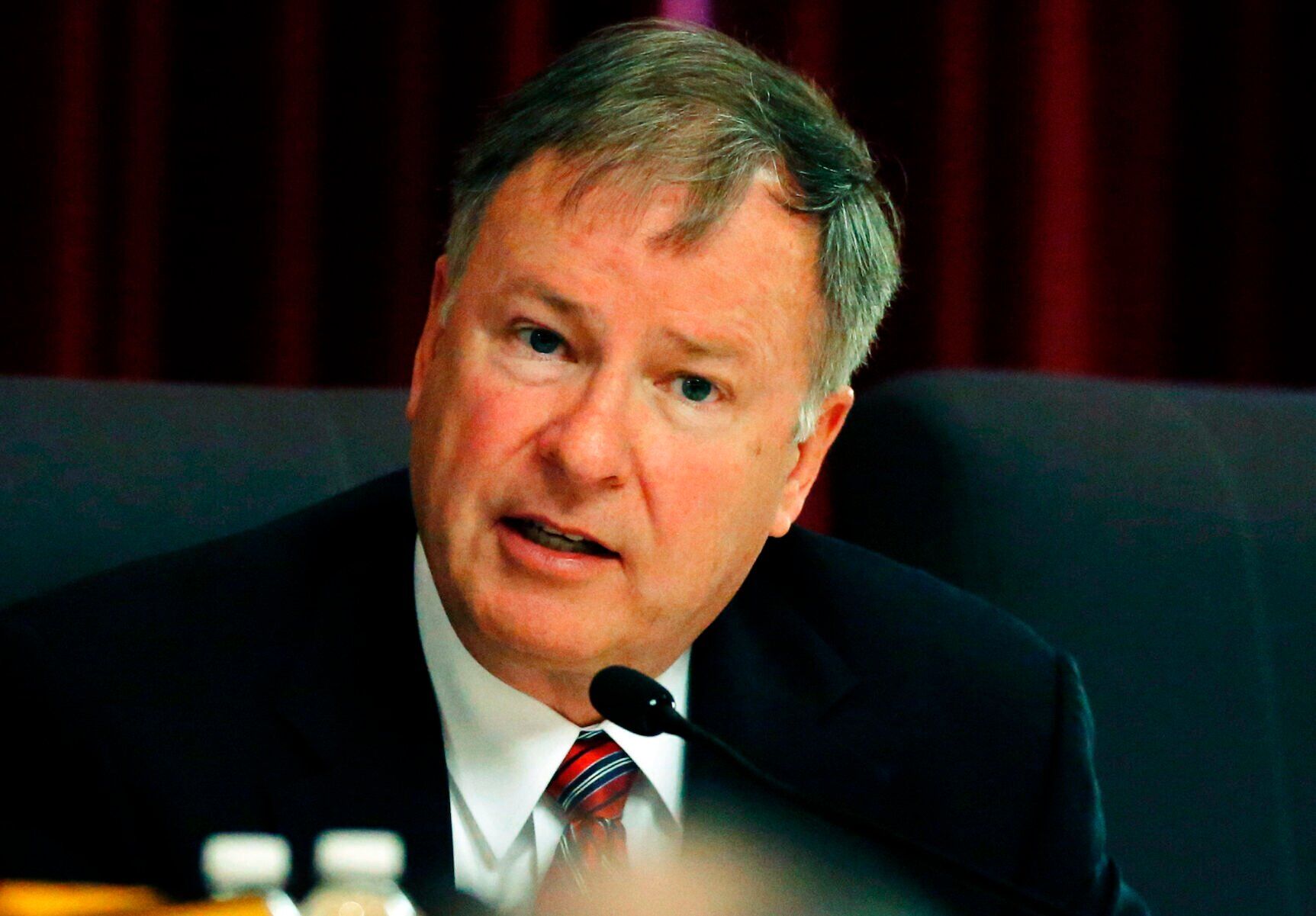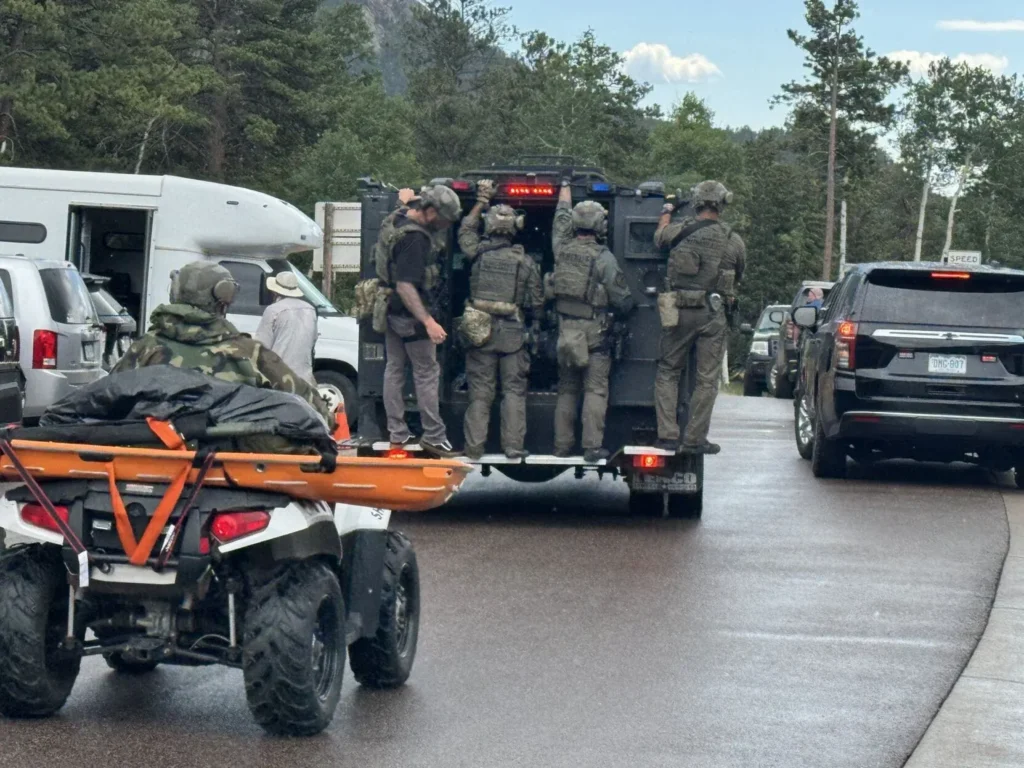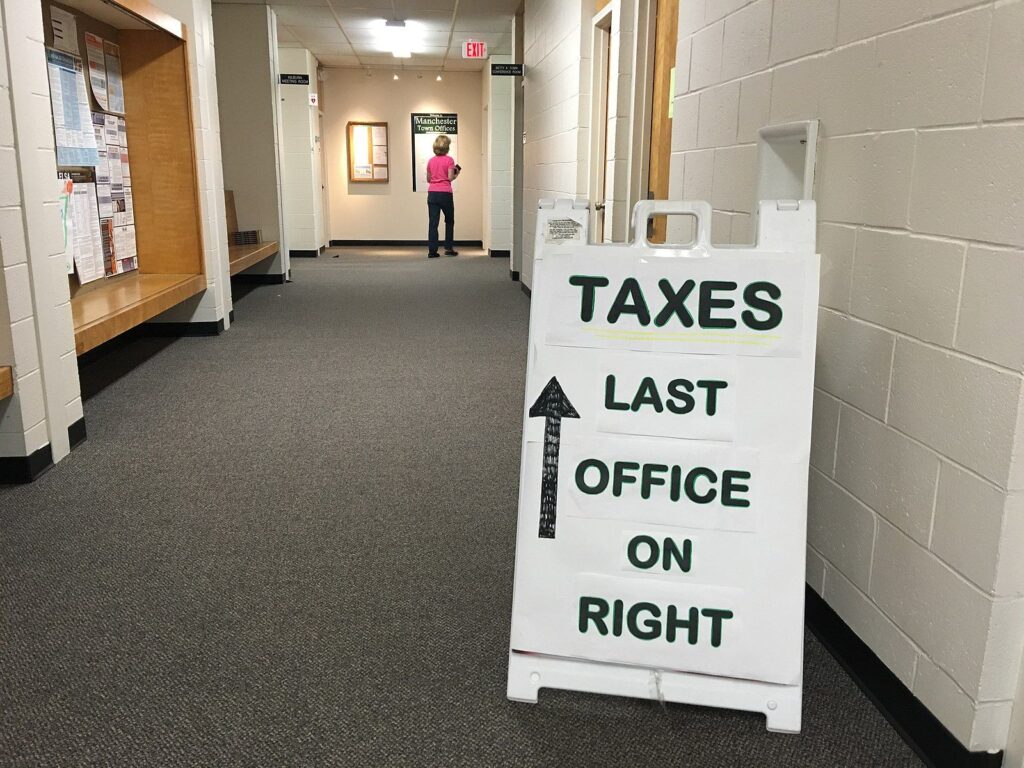Colorado’s fingerprints on the NDAA, water watchers optimistic | WHAT YOU NEED TO KNOW

Today is July 26, 2023, and here’s what you need to know:
The massive national defense bill making its way through Congress includes dozens of measures proposed by U.S. Rep. Doug Lamborn, the only member of Colorado’s congressional delegation with an Armed Services Committee seat this session.
In his ninth term, the Colorado Springs Republican told Colorado Politics that he’s been able to contribute more than 250 provisions to the 16 annual editions of the National Defense Authorization Act that have emerged from the House Armed Services Committee since he joined the panel midway through his first term.
This year has been a high point with some 50 amendments he wrote and co-sponsored, Lamborn said, now that he chairs the Subcommittee on Strategic Forces after serving as its ranking member in the last Congress before Republicans took the majority.
“Each year, I get more entrenched, more capable of getting language into the bill,” Lamborn said.
It was nice while it lasted.
The brief respite from drought is over, with southwestern Colorado now seeing low levels of drought after “bone-dry” conditions for the past month.
Still, water watchers with the state’s Water Availability Task Force still had much to celebrate Tuesday. Almost every major reservoir in the state is full or nearly so, save for Navajo Reservoir in southwestern Colorado. An El Niño weather pattern this fall could mean cooler and wetter conditions, after three years of hot, dry weather from a La Niña pattern.
Peter Goble, a climatologist with Colorado State University’s climate center, said June was 1.2 degrees Fahrenheit below the 20th-century average. He reported the first nine months of the water year, which starts starts on Oct. 1, was the coolest since 1993.
That means less demand on reservoirs, above average soil moisture conditions and less evaporative demand. Overall, that’s led less demand for water from water providers.
Mike Johnston’s administration is targeting four different types of housing in its efforts to transition 1,000 homeless people off Denver streets by the year’s end and adopting a different approach to enforcing the city’s camping ban from past administrations, the new mayor said on Monday.
Johnston spoke to reporters on Tuesday to provide an update on the city’s homelessness crisis response and yesterday’s launch of Denver’s emergency operations center. At least 50 city employees are now working at the center to move as many people as possible out of “unsheltered” homelessness – those who specifically sleep in public places, such as on the street, in tents or in cars – and into housing with support services, Johnston said.
His emergency declaration – first issued on July 18 and extended by a vote of the city council until August 21 – and the operations center are needed steps in curbing the growing crisis, he said.
Attendees at a town hall on homelessness hosted by Denver Mayor Mike Johnston on Tuesday called for immediate action and urged the city to address crime near encampments and fix damage done to historic neighborhoods.
It was the first of 78 town halls the new mayor has planned, as he tours Denver’s neighborhoods on his mission to end homelessness.
The most recent point-in-time count found that more than 1,400 people in Denver in 2023 had fallen into “unsheltered” homelessness – meaning individuals who sleep in public places, such as in parks, cars or under bridges.
City officials estimate that, in the six weeks since his election, 17 people have died as a result of living outdoors, Johnston said.
“That is a moral crisis for us to solve,” he said.
Residents on Tuesday opposed early plans to use millions in excess tax revenues to help build a new police training academy in Colorado Springs, saying the money would be better used to advance local affordable housing efforts and address homelessness.
The City Council on Tuesday approved a resolution declaring the city’s intent to hold a special election and participate in the state’s coordinated election on Nov. 7.
The council did not set the ballot language Tuesday, but the board’s action acts as a so-called “placeholder” to allow the city to participate in the election, City Clerk Sarah Johnson said. The council will set the ballot language at a future date.
At issue for residents who spoke Tuesday were early plans Mayor Yemi Mobolade shared July 10 to place a Taxpayer’s Bill of Rights – or TABOR – retention question on the ballot that would allow the city to retain up to $5 million in excess tax revenues to help build a new police training academy.
The new facility, he previously said, would support citywide efforts to host a continuous police training academy every 15 weeks and get more officers on the streets more quickly.












